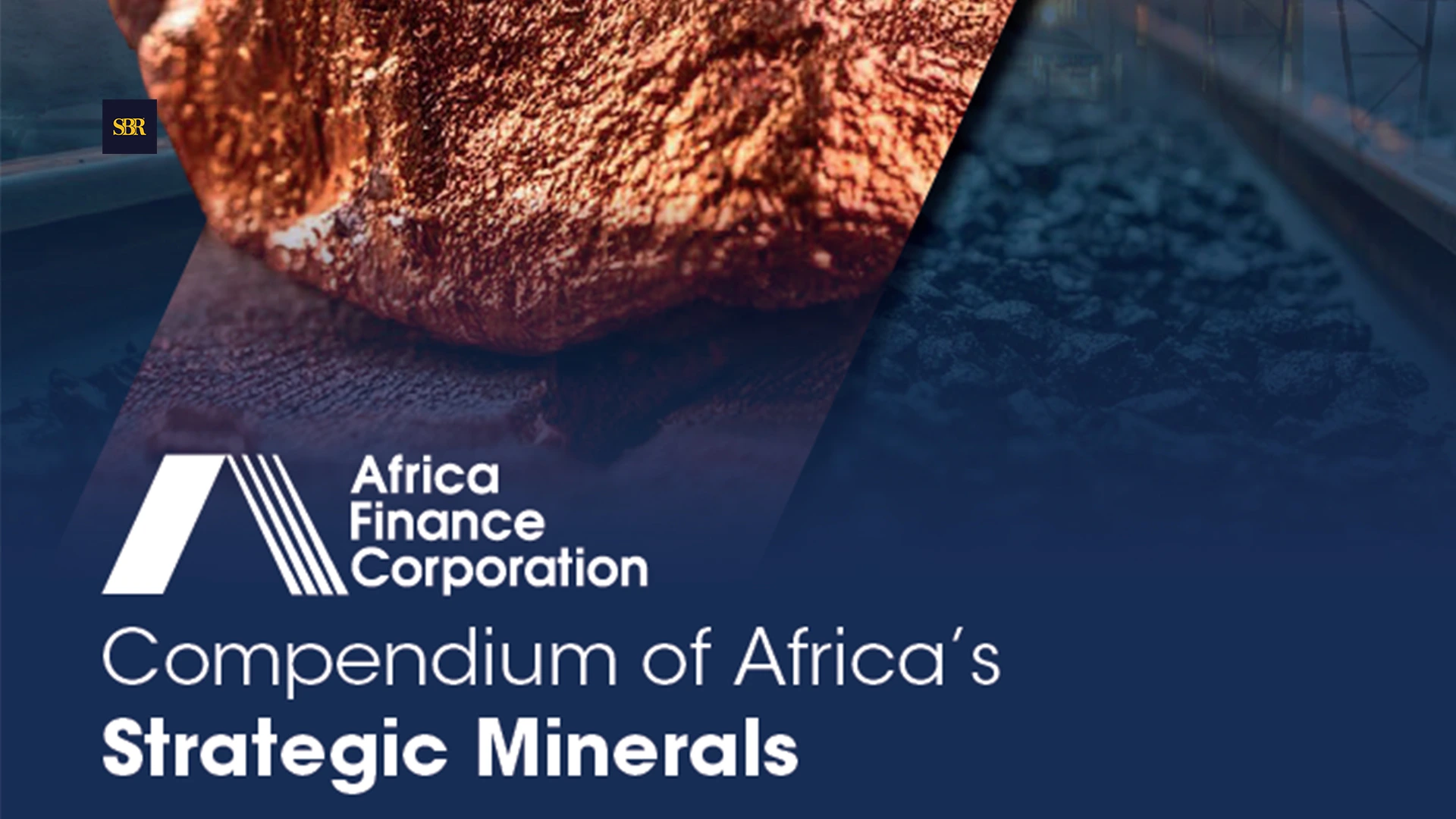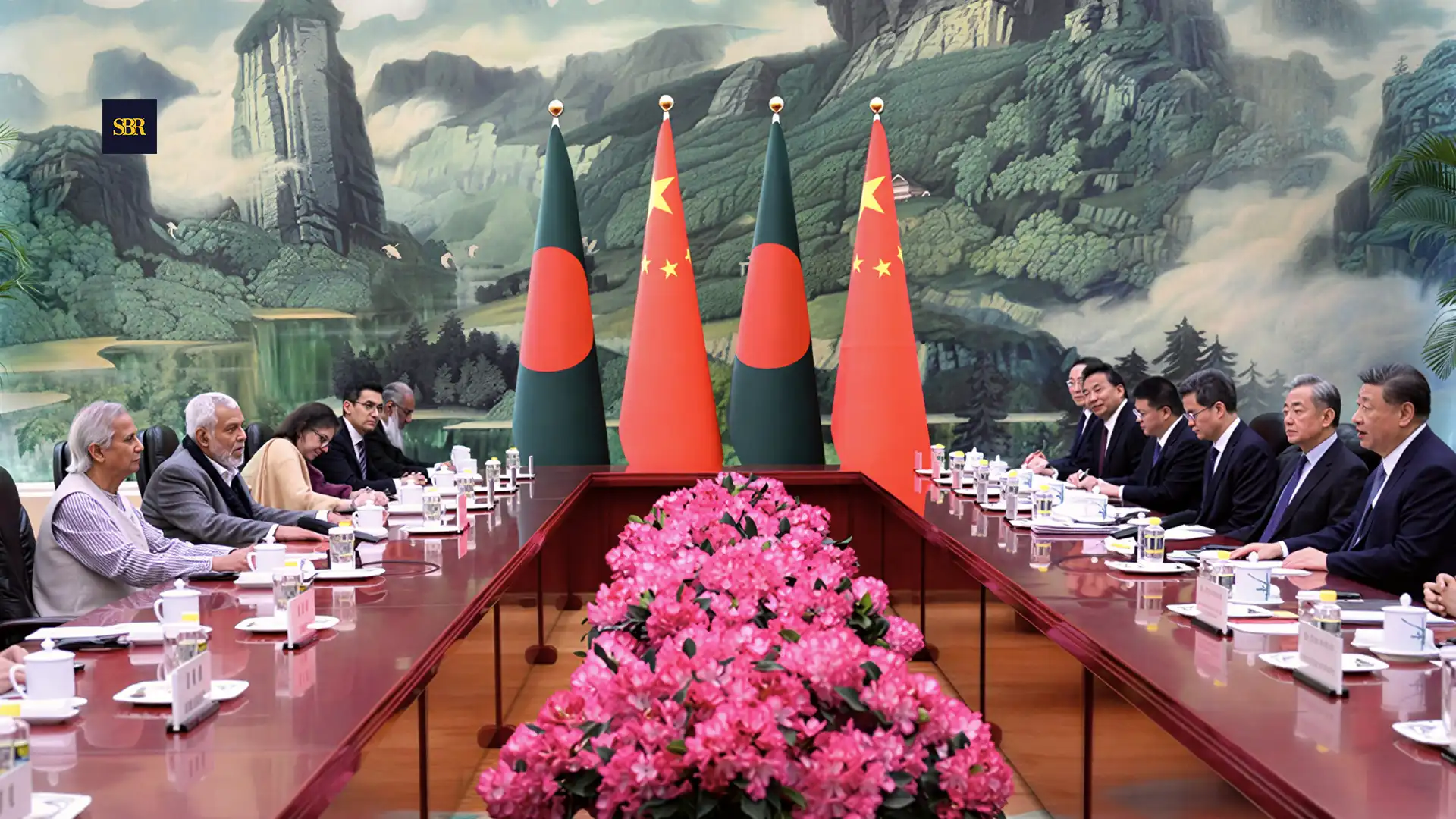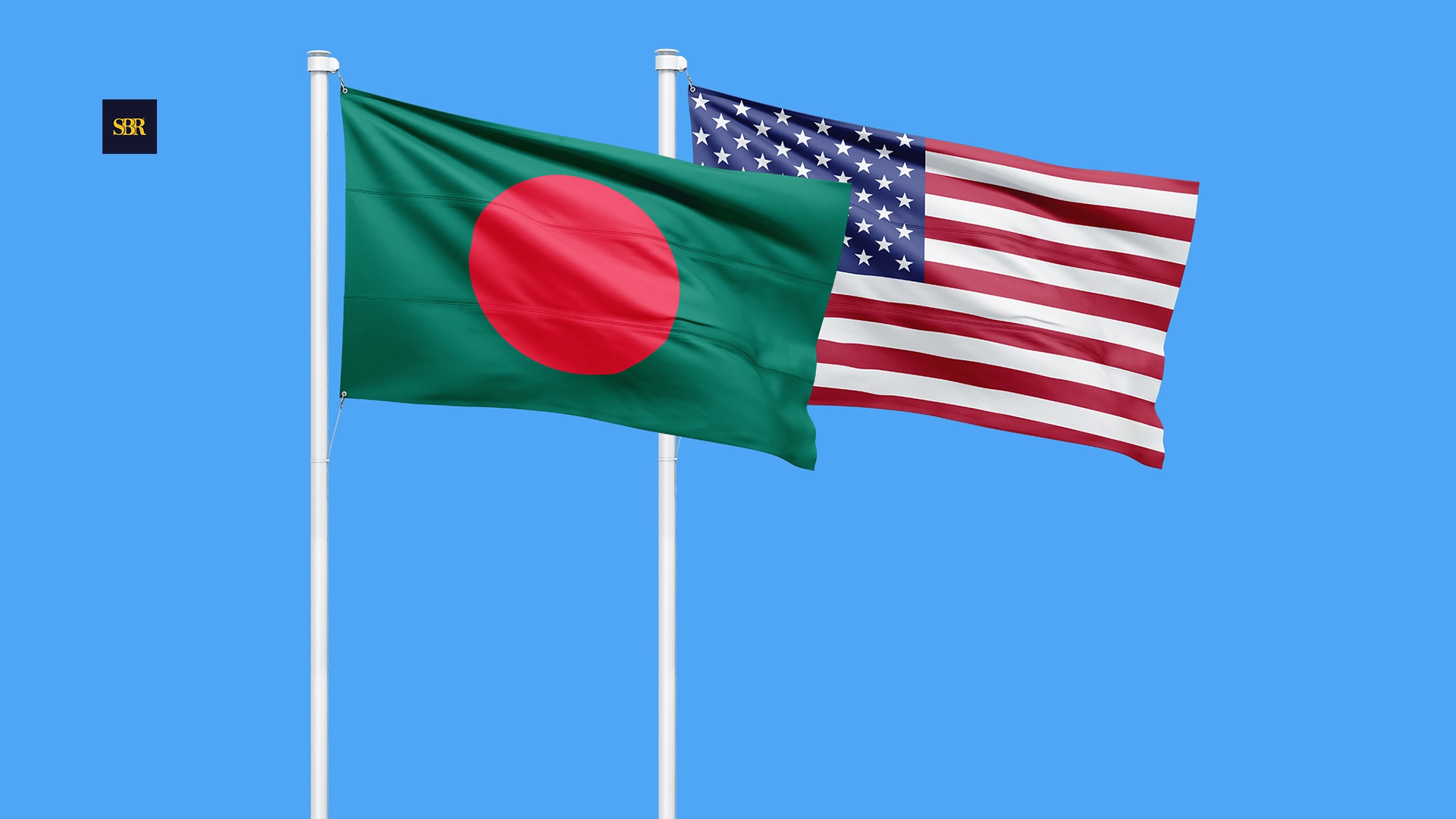SINGAPORE, May 8, 2025 — Foreign investors are increasingly directing funds toward Australia’s domestically oriented equities, treating the market as a haven from escalating global trade tensions and a volatile economic environment.
Despite the lack of timely capital flow data from the Australian Securities Exchange, shifts in shareholder registries suggest substantial offshore interest. Since U.S. President Donald Trump’s April 2 announcement of a new round of tariffs — dubbed "Liberation Day" — Australia’s ASX 200 index has risen 3.1%, outperforming most major global benchmarks save Germany’s DAX. In U.S. dollar terms, that gain more than doubles when accounting for recent currency movements.
Investment appetite has notably shifted from Australia’s traditional mining giants to its domestic sectors. UBS’s Clinton Wong noted an uptick in global fund manager activity, citing Australia’s liquidity and limited exposure to U.S. tariffs — just 10% on average — as key factors. "We have many domestic Australian companies that have no export business, and the economy is strong," Wong said.
A Macquarie analysis of Q1 2025 registry data confirmed early movement, with A$800 million flowing into Australian bank stocks, mainly National Australia Bank. April trends continued the momentum. Macquarie estimates foreign net buying of financial stocks has climbed 23% since the April tariff move.
Markets in Sweden and Japan have also seen foreign inflows, though Morgan Stanley notably upgraded Australia to even weight last month, pointing to the appeal of its defensive sectors. Consumer stocks such as Coles — up 18% this year — and Telstra — up 14% — have outperformed the broader market.
Sam Konrad of Jupiter Asset Management said Australia is increasingly viewed as a diversified and resilient market, likening it to a "mini United States" with less political volatility. His fund, based in Singapore, has overweighted Australian equities, including regional operators and domestic businesses.
Australia’s political continuity has also bolstered investor confidence. The re-election of a centre-left government and continued fiscal stimulus have supported economic growth. GDP expanded at its fastest pace in two years during Q4 2024, while rate markets anticipate over 100 basis points in cuts through 2025.
Some caution remains. Angus McGeoch of Barrenjoey noted that the defensive rotation may have peaked. A de-escalation in trade tensions could prompt outflows from defensives and a shift back to resources, particularly if Chinese growth rebounds.
Still, Australia’s dollar remains near 20-year lows, and EPFR data shows international allocations remain below benchmark — suggesting room for further inflows. According to Morgan Stanley’s Chris Nicol, these inflows are stickier than in the past. “(Ten years ago) a lot of the money coming into the Aussie market offshore was a little bit touristy. It would come in and out,” he said. “It’s kind of stayed there — it’s been very sticky.”
In some senses, we see Australia as a little bit like a mini United States, but actually with less political risk.
















